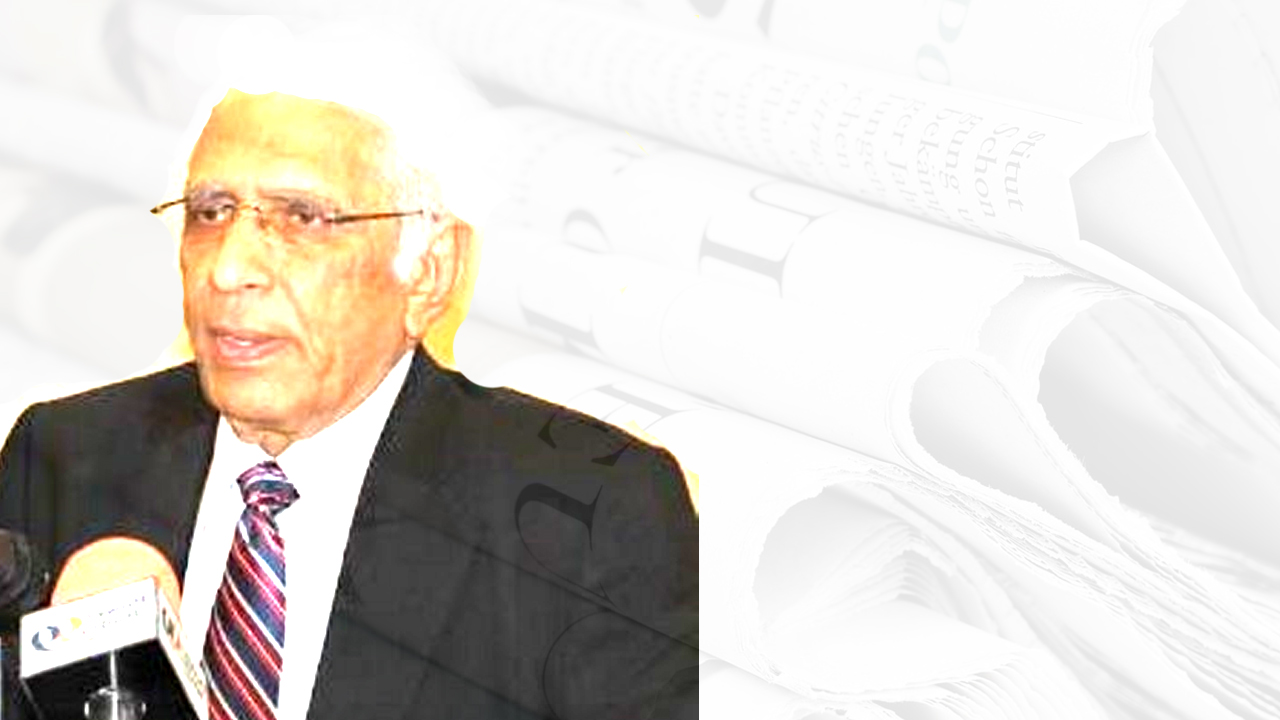A broad-based national political consensus on the kind of state that the majority of Pakistanis would like their country to be is the first prerequisite for achieving political and economic stability in the country. Such a consensus has continued to remain elusive all these 75 years of our existence because the ruling elite comprising feudal aristocracy, big business, politicians and civil-military bureaucracy do not wish to leave the gravy train that they had boarded at the time of independence.
Still, a subliminal broad-based national consensus can be detected across the manifestoes of our mainstream political parties which seek to turn Pakistan into a social welfare state. This impalpable consensus can be turned into a palpable draft of the socioeconomic and political charter if the PTI-led coalition government were to shun its non-political approach to the politics of governance and set up a broad-based Parliamentary committee on the lines of the one that drafted the 18th amendment comprising members from all the political parties represented in the elected houses and tasked to get such a charter signed and sealed.
The PTI did not lose any of its voters when it teamed up with PML(Q), the MQM (P) and GDA to form federal and Punjab governments and, it is not likely to lose any if it is seen by its voters consulting in a Parliamentary committee with the PMLN and the PPP for developing a consensus charter on turning Pakistan into a truly social welfare state or a state designed on the lines of what the PTI calls Riyasat-i-Madina. As the purpose is loftier, the PTI is likely to win back even those voters it had lost over the first half of its term because of its failure to stop hoarding and black marketing of essential food items.
The formula: Deploy state capital for promoting inclusive economic growth by increasing provision for health, education, and public amenities. Also the state should get involved on the side of workers in the process of collective bargaining over wages and working conditions. And in order to ensure equitable distribution of the fruits of socio-economic development autonomous statutory regulatory bodies independent of line ministry should be established forthwith.
Most of the revenues currently being collected are through indirect taxation which is a regressive practice and a big chunk of direct taxation is collected through what is known as ‘withholding taxes’ which amounts to no more than a minuscule residual of huge settlements made through black cash in most of the major transactions.
All attempts to document the economy over the last so many years have been foiled by the personnel of the FBR with the connivance of the ruling elite. In this digital age, there is no reason why there should be any physical contact between the taxpayer and the tax collector.
Another impediment to socio-economic growth has been the IMF. The Fund in order to ensure that it would get back its loan imposes a lot of austerity conditions on the borrower assuring the loan seeker at the same time that in the long run its economy would not only stabilize but would also start growing at an accelerated rate.
‘In the long run we are all dead,’ so said John Maynard Keynes (1883-1946). But the fundamentalists of the so-called ‘Washing- ton Consensus’ have been coming up with their own self-serving definitions of the term ‘long run’ so as to sell ‘austerity’ to the poor countries as the panacea for all their economic ills. But the austerity formula has proved, in the long run, to be a stagnation trap for countries that went to the Fund seeking help.
There is a lot of economic sense in investing the limited resources we mobilize through various means, including costly borrowing in public-sector projects aimed at expanding the much-needed physical infrastructure, like irrigation systems, power plants, roads, bridges, housing schemes, motorways and metro buses, etc. Such projects generate all kinds of jobs and most of these are highly labor intensive. Also, such projects do give a fillip to the manufac- turing sector as demand for building material, such as cement, electrical fittings, plastic materials, solar panels and windmills etc., goes up. More jobs would mean more money in the hands of more people belonging to all classes. More money in the hands of more people would mean steep escalation in the demand for all kinds of essential and non-essential consumer goods, necessitat- ing expansion in production capacities of the goods in demand leading to significant growth in the real economy.
Maintain as well an equitable balance in the allocation of limited resources between physical and social infrastructure so as to make the two develop in a way that the opportunity cost is not too high. The notion of opportunity cost plays a crucial part in ensuring that scarce resources are used efficiently.










